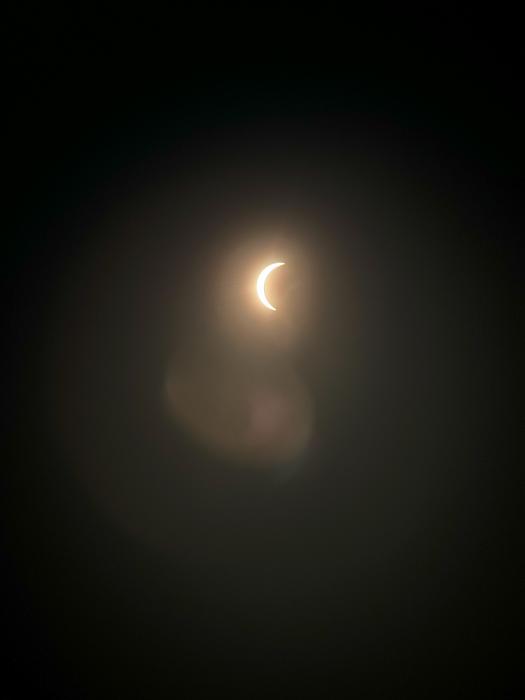As the lead author David Mann, PhD, articulated, previous research had merely hinted at the idea that birds become quieter or engage in nocturnal behaviors in response to eclipses. However, the current study etches a more definitive conclusion: the observed decline in bird vocalizations is tightly coupled with the degree of darkness experienced during the eclipse. This relationship suggests that birds react not only to a mere change in light level but to the profound darkness that envelops their environment during such celestial events.
Such observations challenge the pre-conceived notions of uniformity in animal behavior. Other represented species, such as the American Robin, sang through totality at specific sites in Kentucky, whereas the Pine Siskin chose to fall silent altogether during the darkened period in Maine. Dr. Mann expressed fascination with the variability in responses, remarking that the reasons behind these differences remain largely inscrutable. Despite analyzing multiple environmental factors, including temperature, cloud cover, and wind speed, the team could not pinpoint any significant correlations between these conditions and shifts in vocalization rates. This suggests that the immediate impact of sudden darkness, along with its associated meteorological changes, play a more critical role.
This research represents much more than a glimpse into animal behavior; it showcases the power of a community-driven bioacoustic monitoring network. The Haikubox initiative, which invites citizen scientists and bird enthusiasts to partake in ecological research by hosting acoustic devices, fosters a greater connection between people and the natural world. As Dr. Mann elucidated, this approach provides researchers access to a broad spectrum of wildlife behavior data without the biases that often accompany human observations.
The study, aptly titled, “Continental-scale behavioral response of birds to a total solar eclipse,” also underscores its potential for broad-scale continental studies in the future. Notably, this work aligns with concurrent efforts across the globe to integrate technology and citizen participation in ecological monitoring, ensuring that valuable insights into animal behavior contribute to the conservation narrative.
Another impressive facet of this study is the involvement of researchers from multiple prestigious institutions. With contributions from co-authors Austin Anderson, Amy Donner, Michael Hall from Haikubox, as well as Stefan Kahl and Holger Klinck from the K. Lisa Yang Center for Conservation Bioacoustics at the Cornell Lab of Ornithology, the study illustrates the collaborative spirit of modern scientific research.
The collective expertise and research capacity of these institutions and individuals demonstrate a robust commitment to advancing ecological understanding through innovative methodologies. With foundations supported by the National Science Foundation’s Small Business Innovation Research program, the Haikubox initiative embodies the potential of using technology to deepen human engagement with nature, translating curiosity into actionable research.
In conclusion, the comprehensive investigation surrounding bird behaviors during a total solar eclipse reflects our growing understanding of ecological dynamics. It stands as a testament to the remarkable capabilities of technology to bridge the gap between human curiosity and wildlife conservation. As Dr. Mann and his co-researchers continue to slice through this complex network of relationships and behaviors, we can anticipate exciting new insights that will enhance our connection to nature and our stewardship of the environment.
As we ponder over the implications of these findings, we are reminded that the natural world often holds answers to questions we have yet to formulate. The intricate interplay between light, darkness, and life continues to be an essential topic for exploration and understanding in the realm of ecological research.
Subject of Research: Animals
Article Title: Continental-scale behavioral response of birds to a total solar eclipse
News Publication Date: 8-Apr-2025
Web References: http://dx.doi.org/10.1038/s41598-025-94901-6
References: Not available
Image Credits: Credit: Amy Donner of Haikubox
Keywords
Solar eclipse, bird behavior, acoustic monitoring, Haikubox, community science, ecological research, behavioral response, ornithology, light pollution, citizen scientists, environmental conservation.
Tags: acoustic monitoring in ornithologyadvanced technology in wildlife researchavian response to light changesbehavioral ecology of birdsbird vocalization patternscommunity-based ecological researchconservation bioacousticsempirical evidence in ornithologyLoggerhead Instruments research findingsneural network analysis of bird soundssolar eclipse bird behaviortotal solar eclipse 2024





